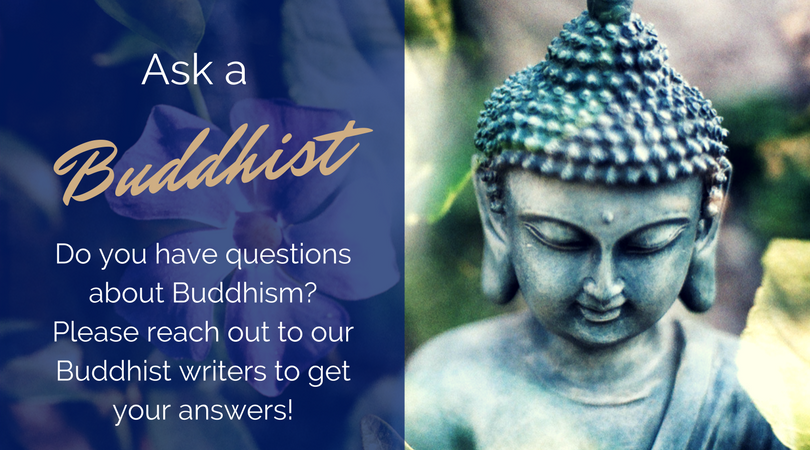Ask A Buddhist: Is Organ Donation OK?
What do you want to ask a Buddhist? Fill out the form below or submit your question online.
Is organ donation OK in Buddhism?
As of February 2021, around 107,000 Americans are waiting for a life-saving transplant. Transplantable organs and tissues include the heart, lungs, liver, kidneys, pancreas, small intestine, skin, bones, veins and eyes. Sadly, only about three in 1,000 people die in a way that allows for organ donation, and one-third of the people waiting for a transplant will die before they receive an organ. Simply marking a box on your driver’s license or state ID can help you save up to eight people and benefit the lives of up to 50 people through organ donations.
Respect and reverence for life is taught and valued in all religious traditions, including the different traditions of Buddhism. The Buddha advised to refrain from killing any living being, even insects, because nothing is dearer to us than our own life. In addition, Buddhists are encouraged to protect life, including the lives of animals, which is said to create karmic causes for a long life in this and future lives, as well as good health, a pleasing appearance and a favorable rebirth. Protecting other people’s lives and saving the lives of living creatures bound for slaughter are well-known customs in many Buddhist countries and communities.
While we’re alive, our mind and body are inextricably linked together. At death, the consciousness separates from the body. The body becomes a corpse devoid of any consciousness or feeling; it has no further usefulness except to make an offering of it for the welfare of other living beings.
In ancient India and Tibet, corpses were intentionally left — as an act of generosity — in charnel grounds for wild dogs, vultures and other birds of prey to eat. Perhaps a modern adaptation of such generosity would be donating an organ to extend someone else’s life or willing one’s body at death for scientific research.
Death provides an excellent opportunity to practice dharma and to make our life and death very meaningful. As with every action, motivation is the key. If we donate our organs with a positive motivation, such as a loving or compassionate attitude, that would be considered a very virtuous act. The Dalai Lama has openly encouraged people to donate organs, describing organ donation as a serious practice of dharma and the greatest service to humankind.
For Buddhists, the state of mind at the moment of death is considered of crucial importance in determining the direction and quality of the next life. We often read or hear the advice not to disturb the dead body for three days, or until fluids emerge from the nose. This is especially important for high-level practitioners who are capable of meditating on emptiness as they die, but this probably doesn’t pertain to most of us.
Like Saint Benedict’s instruction to monks to “keep death daily before your eyes” and the Christian “memento mori,” Buddhists are encouraged to repeatedly reflect that death is definite, the time of death is uncertain, and to investigate what actually helps at the time of death. Such reflections inspire us to use our life wisely to help ourselves and others, as well as to not take it for granted.
Thinking about and preparing for death is a realistic, rather than a pessimistic approach to life. Organ donation can be a part of our preparation and is as simple as going online to your state motor vehicle department website to sign up.
Maybe you’d like to consider registering to be an organ donor today?
https://form.jotform.com/form/82645103139150






